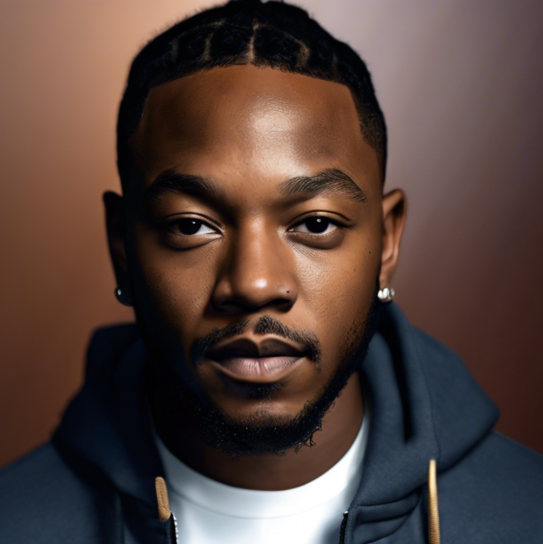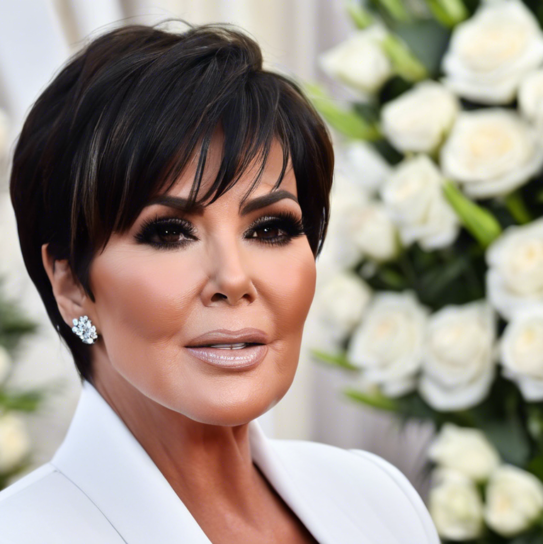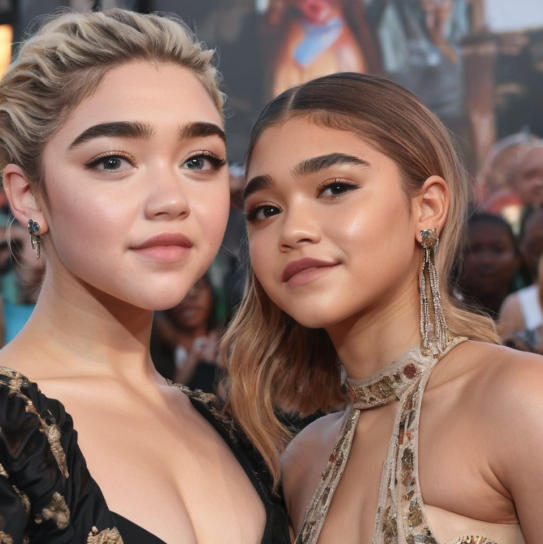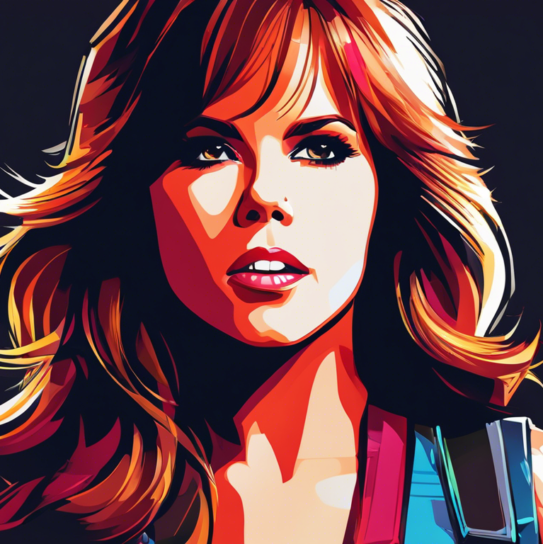In a recent panel discussion celebrating the 40th anniversary of the iconic film The Breakfast Club, actress Molly Ringwald sparked a lively debate among fans by highlighting the movie’s lack of diversity. The 1985 classic, which has become synonymous with teenage angst and rebellion, was described by Ringwald as a product of its era, reflecting the societal norms of the time. However, she emphasized that such a portrayal does not align with today’s more inclusive and diverse world.
A Reflection of the Past
Ringwald’s comments underscore the film’s limitations in representing the ethnic and cultural diversity that is now expected in modern storytelling. While The Breakfast Club continues to resonate with audiences for its exploration of universal themes like identity and social cliques, its predominantly white cast and lack of diverse perspectives are aspects that have not aged well. This realization has prompted Ringwald to advocate for new narratives that build upon the original’s foundation but with a more contemporary and inclusive approach.
Problematic Elements
One of the most striking aspects of Ringwald’s critique was her acknowledgment of the problematic behavior depicted in the film. Specifically, she pointed out the troubling dynamics between her character, Claire Standish, and Judd Nelson’s character, John Bender. Their interactions, which were once seen as a form of rebellious charm, are now viewed through a different lens, with many recognizing them as borderline harassment. This shift in perspective highlights how societal norms have evolved, making it clear that such behavior would not be tolerated in a modern context.
A Call for Evolution
Ringwald’s stance is not about erasing the past but about embracing the future. She encourages filmmakers to create new stories inspired by The Breakfast Club but with a fresh perspective that reflects today’s diverse society. This approach would allow for a more nuanced exploration of themes such as identity, social status, and personal growth, all while ensuring that the characters and narratives are relatable to a broader audience.
Reunion and Reflections
The panel, which included other original cast members like Emilio Estevez, Anthony Michael Hall, Judd Nelson, and Ally Sheedy, provided a unique opportunity for the actors to reflect on their experiences and the film’s enduring legacy. While nostalgia played a significant role in the discussion, it was clear that the cast members were also aware of the film’s limitations and the need for evolution in storytelling.
The Future of Classics
As The Breakfast Club celebrates four decades since its release, it serves as a reminder that even the most beloved classics can benefit from a modern reinterpretation. By acknowledging the shortcomings of the past and embracing the diversity of the present, we can create new stories that not only honor the spirit of timeless classics but also resonate with contemporary audiences. In this way, Molly Ringwald’s comments are not just a critique of the past but a call to action for the future of storytelling.






